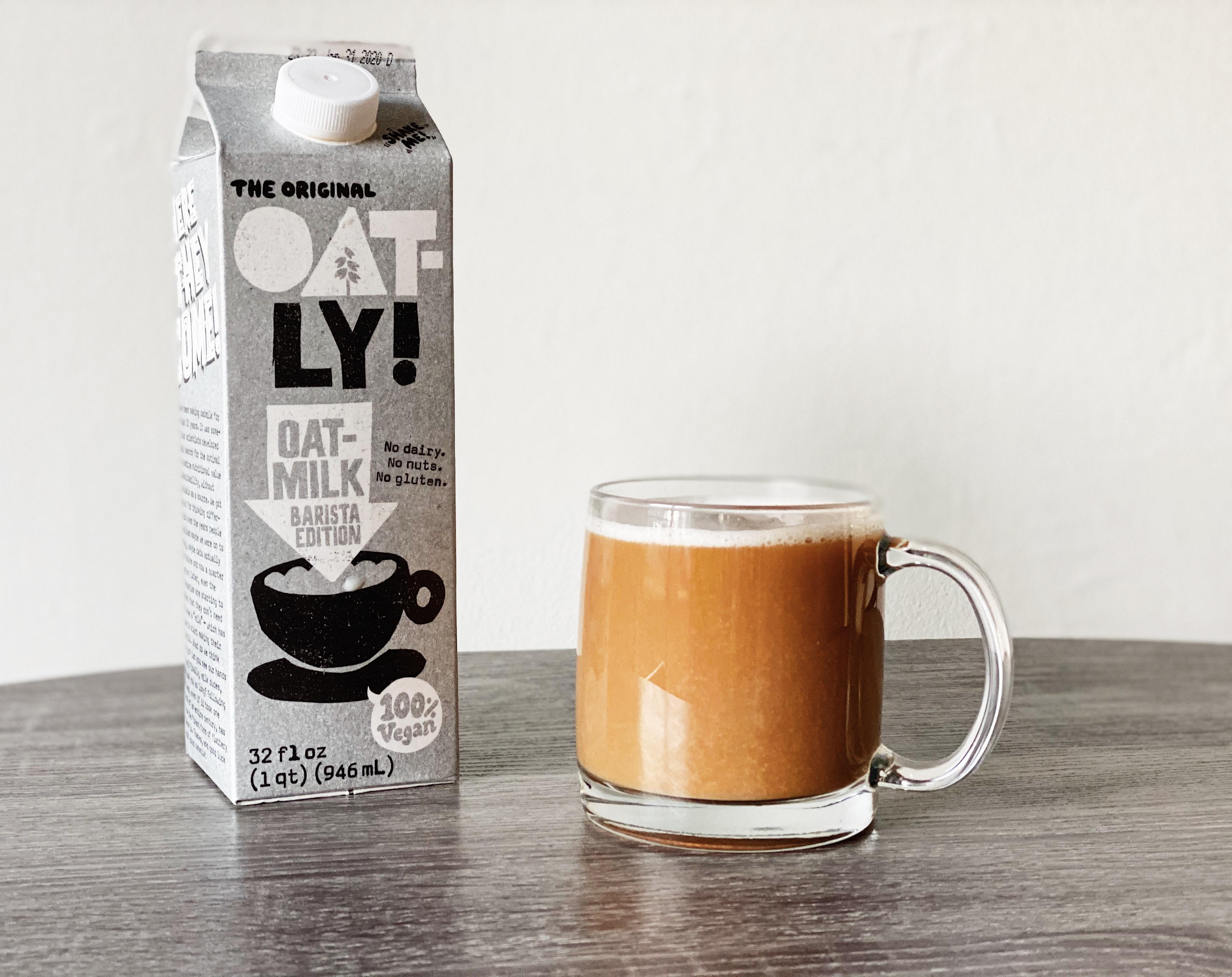Trademark applications can be opposed on various grounds, depending on the specific laws and regulations of the jurisdiction where the application is filed.
While the grounds can vary, some common reasons include:
- Likelihood of Confusion - where the opposer claims that the mark being applied for is similar to an existing trademark, which could lead to confusion among consumers,
- Prior rights - where the opposer asserts that they have prior rights to a similar or identical trademark, whether through prior use, registration, or common law,
- Geographical indications - where the mark in question contains a geographical indication falsely suggesting a specific place of origin, thereby potentially misleading customers (such as containting the word "champagne" while not originating from the Champagne wine region in France),
- Bad faith - where the applicant is believed to have filed the application in bad faith, such as with the intent to block competitors or extort money from them,
- Being contrary to public policy or morality,
- Fraud,
- and others.






